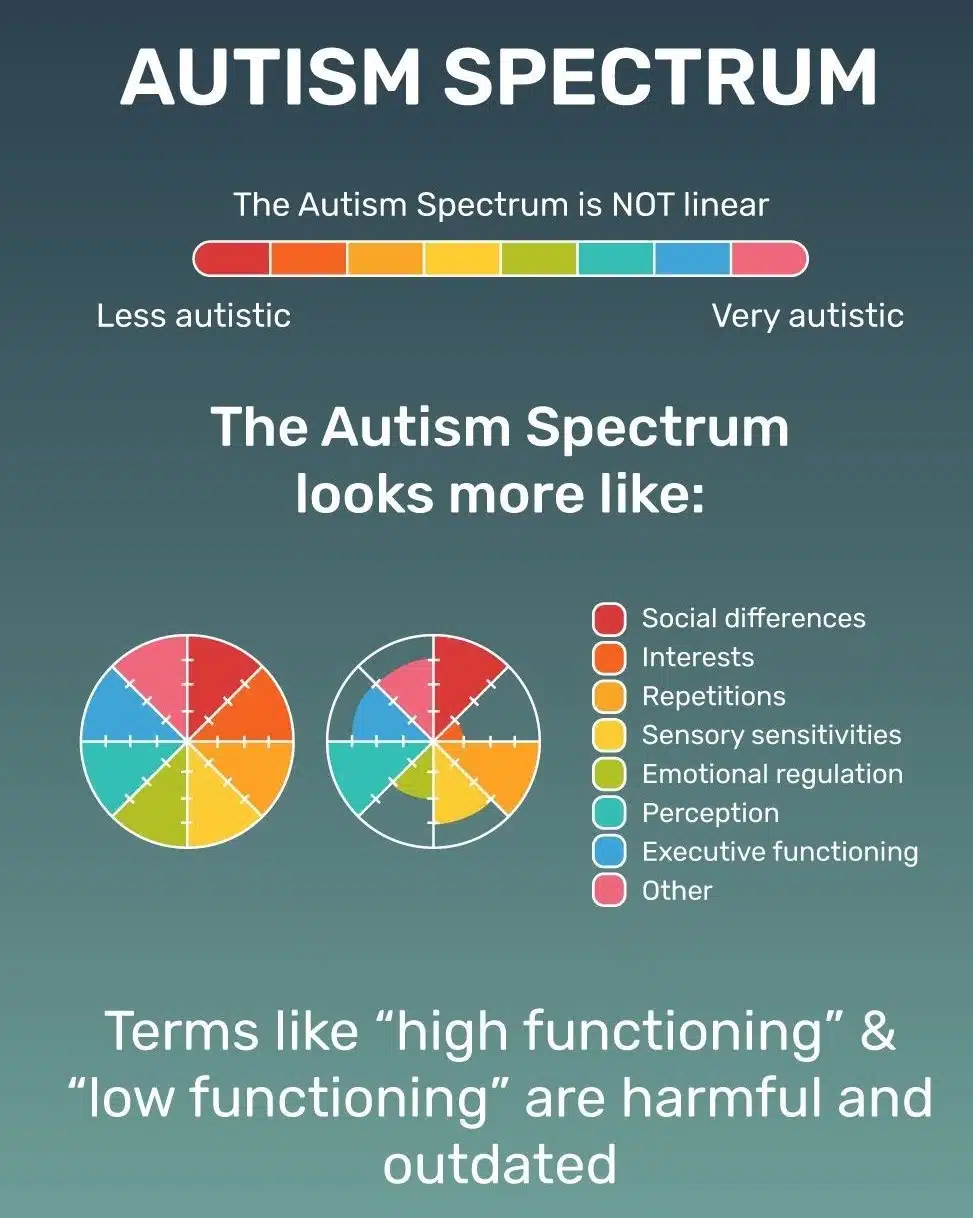Is Barron Trump on the autism spectrum? This question has sparked widespread discussion and debate, with many seeking clarity amidst a sea of speculation. A bold statement must be made here: it is crucial to approach such topics with sensitivity, respect for privacy, and reliance on credible sources rather than conjecture. The discourse surrounding Barron Trump's potential diagnosis highlights broader societal issues related to autism awareness, stigma, and misinformation.
The conversation around Barron Trump's alleged autism diagnosis began circulating in media circles several years ago. Despite these claims, no official confirmation or denial exists from authoritative figures within his family or medical professionals. This lack of substantiated evidence underscores the importance of exercising caution when discussing personal health matters publicly. Furthermore, understanding autism spectrum disorder (ASD) requires more than surface-level knowledge; it demands an appreciation for its complexity and diversity among individuals diagnosed with ASD. According to global perspectives, treatment costs associated with managing symptoms vary significantly depending upon geographic location, available resources, and specific needs of each individual.
| Personal Information | Details |
|---|---|
| Name | Barron William Trump |
| Date of Birth | March 20, 2006 |
| Place of Birth | New York City, New York, USA |
| Family | Son of Donald J. Trump and Melania Trump |
| Career | Student |
| Education | Attends private school in Washington D.C. |
| Professional Affiliations | N/A |
| Reference Website | Autism Speaks |
J.D. Power's 2025 U.S. Investor Satisfaction Study provides valuable insights into investor satisfaction levels concerning various financial institutions. However, this topic diverges sharply from discussions about autism spectrum disorders. Nevertheless, drawing parallels between both subjects reveals how data-driven analysis plays a pivotal role in shaping perceptions and decision-making processes across different domains. Just as investors rely heavily upon accurate information before committing funds, so too should society prioritize obtaining verified facts prior to engaging in sensitive conversations involving mental health diagnoses.
Global perspectives reveal significant disparities regarding autism treatment costs worldwide. In developed nations like the United States, comprehensive interventions incorporating Applied Behavior Analysis (ABA) techniques often represent standard care practices but come at considerable expense. Conversely, developing countries may struggle to provide even basic therapeutic services due to resource constraints. Recognizing these inequities compels us to advocate for equitable access to quality healthcare regardless of geographical boundaries.
A key aspect of addressing misconceptions about autism involves fostering greater awareness and promoting acceptance of neurodiversity. Programs informed by ABA methodologies offer promising avenues toward enhancing communication skills while simultaneously reducing stress experienced by families navigating life alongside autistic loved ones. Such initiatives strengthen familial bonds through education and support systems tailored specifically for their unique circumstances.
Rumors suggesting Barron Trump might possess characteristics indicative of autism spectrum disorder warrant careful examination. While some observers point out behavioral traits they perceive as aligning with common ASD indicators, others emphasize the necessity of professional evaluation conducted under controlled conditions. Ethical considerations dictate that personal medical records remain confidential unless explicitly shared by those directly affected. Thus, any public discourse must tread lightly lest it infringe upon fundamental rights to privacy.
Moreover, celebrity involvement in raising autism awareness contributes positively towards destigmatizing conditions previously shrouded in mystery or misunderstanding. For instance, Jerry Seinfeld openly discussed his own experiences grappling with Asperger's syndrome during interviews, thereby encouraging open dialogue surrounding neurological differences. His candid revelations inspired countless individuals similarly situated to embrace their identities without fear of judgment or rejection.
In conclusion, separating fact from fiction remains paramount when examining unsubstantiated allegations linking prominent figures such as Barron Trump to autism spectrum disorder. By cultivating deeper comprehension of ASD's intricacies and championing inclusivity, we collectively foster environments conducive to growth and mutual respect for all members of our diverse communities. Let us strive always to seek truth over gossip and empathy above presumption.



